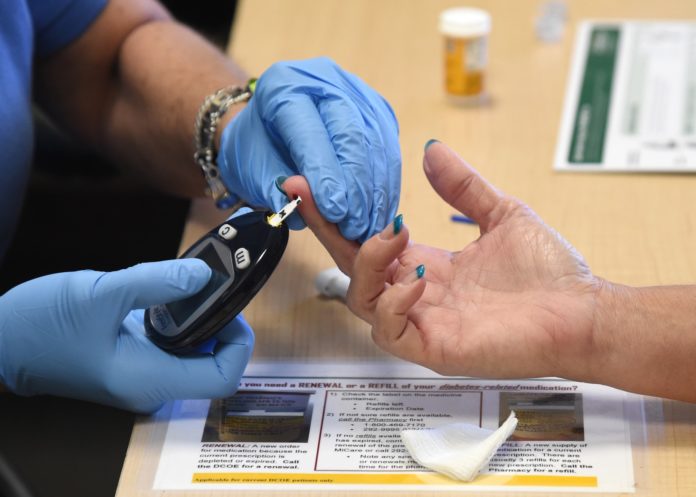Viruses responsible for encephalitis, hand foot and mouth disease may lead to Type I diabetes
Viruses may have a role to play in diabetes.
Researchers say there may be an association between elevated levels of enteroviruses in the intestinal tracts of children and islet autoimmunity, a precursor to Type 1 diabetes. Work on the hypothesis is currently at the Center for Infection and Immunity (CII) at the Columbia University Mailman School of Public Health and the University of New South Wales, Sydney, Australia.
The paper appears in the journal Scientific Reports.
Approximately 40,000 cases of Type 1 diabetes are diagnosed each year in the U.S. In Australia, where the study cohort originated, almost 60 percent of newly diagnosed cases are in children and people younger than 25 years. Type I diabetes is less common than Type II diabetes. However it is increasing at a rate of 3% every year particularly among children. According to India’s National Health Portal, in 2015 the number of children worldwide with type 1 diabetes exceeded half a million for the first time. In India alone there are more than 70,000 children with this condition, second largest number in the world after the USA.
Researchers examined blood and feces collected from 93 children as part of the Australian Viruses In the Genetically at Risk study (VIGR), a prospective birth cohort of children with at least one first-degree relative with Type 1 diabetes. The study used Virome-Capture-Sequencing for Vertebrate-infecting viruses (VirCapSeq-VERT), a viral sequencing tool developed at the CII that is up to 10,000 times more powerful at identifying viruses than conventional high-throughput (next generation) sequencing methods.
In 2015 the number of children worldwide with type 1 diabetes exceeded half a million for the first time. In India alone there are more than 70,000 children with this condition, second largest number in the world after the USA
A test of fecal samples found 129 viruses that were more abundant in the guts of children with islet autoimmunity versus age and gender-matched controls, including five enterovirus-A viruses significantly more abundant in cases. The enterovirus A species includes viruses that are the source of common infant infections such as hand, foot and mouth disease, but also encephalitis; in most cases, however, infections are asymptomatic or mild. Researchers say further study is needed to pinpoint the specific virus or viruses that can lead to islet autoimmunity and Type 1 diabetes.
Blood samples did not show an association between enteroviruses and islet autoimmunity, a finding the researchers say is in keeping with the fact that the body clears viruses from the bloodstream more quickly than from the gut.
“These findings strengthen the model that enteroviruses can spread from the gut into a child’s pancreas and trigger autoimmunity in the cells that regulate blood sugar,” says Thomas Briese, PhD, associate professor of Epidemiology and CII lead on the project. “Knowing the virus types involved is a critical step toward developing new strategies for prevention and treatment of Type 1 diabetes.”


